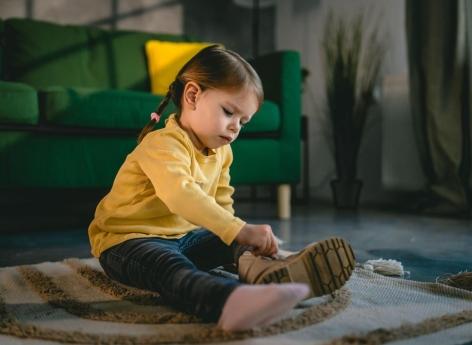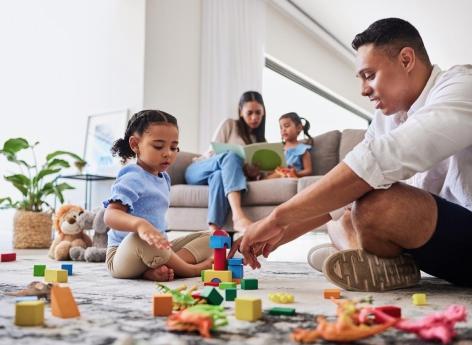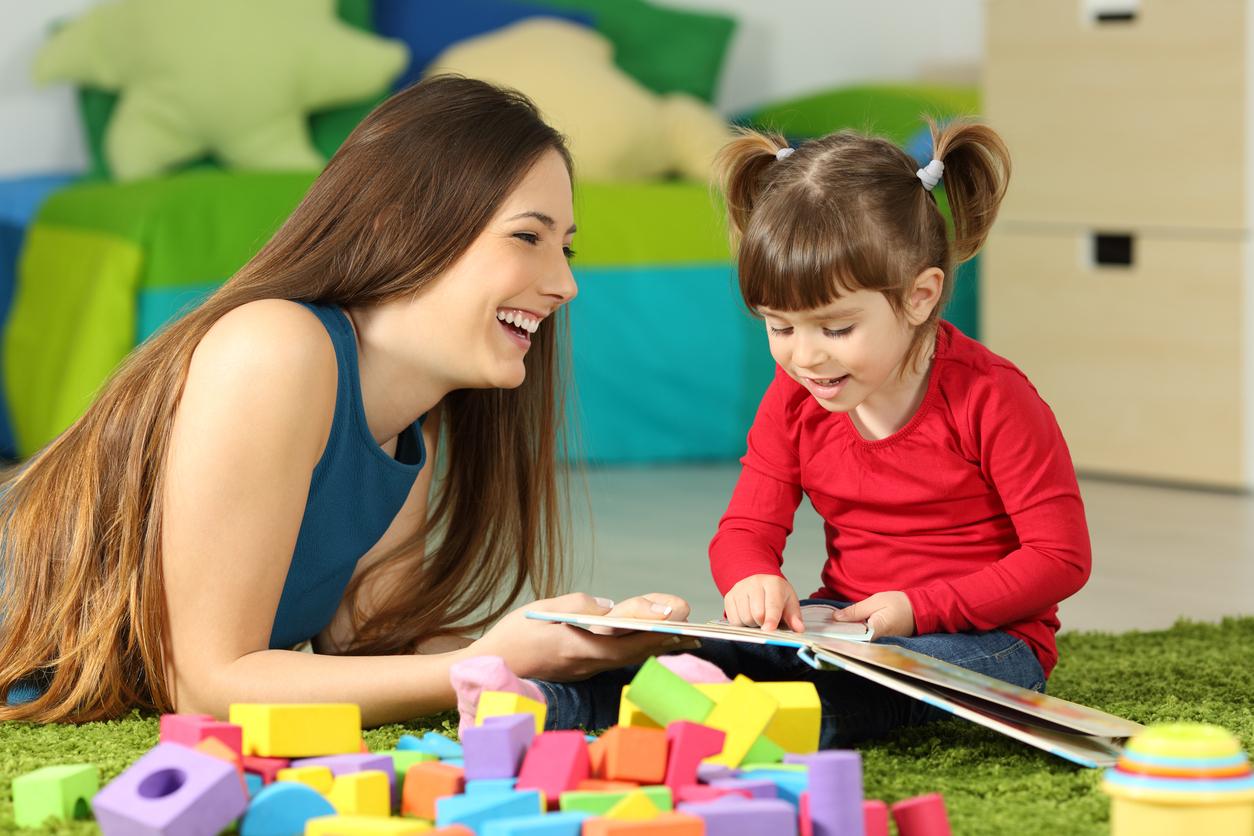Self-confidence is built gradually and requires an environment where the child feels supported and encouraged.

Confidence plays a key role in a child’s ability to face challenges, deal with failure and assert themselves. Although children each have their own temperament, parents and adults can actively contribute to the development of this confidence.
Encourage safe exploration
To help a child develop their confidence, it is essential to provide them with an environment where they feel safe to explore freely and show them that you believe in their ability to learn and progress on their own.
For example, instead of prohibiting a child from climbing, we can secure his environment by placing cushions around him. Likewise, the toys within his reach must be suitable and secure, thus allowing free play which nourishes his need for curiosity and his confidence in his abilities.
Value efforts and small victories
Valuing the child’s efforts is another essential key to building their self-confidence. Recognition of his small successes shows him that he is on the right track. For example, when a baby crawls to grab a toy or when an older child successfully ties their shoes for the first time, a simple “Good job!” You succeeded on your own! » gives him a precious dose of pride.
It’s also important to encourage a child when they try new or difficult things, like riding a bike without the little wheels. By emphasizing the effort and not just the result, you will help your child understand that perseverance leads to success.
Offer choices and responsibilities
Giving a child age-appropriate choices and light responsibilities is another way to build their confidence. By allowing him, for example, to choose his clothes or participate in family chores (like putting away his toys or setting the table), you give him the opportunity to assert himself and feel useful.
These small responsibilities help him see himself as an active and competent member of the family. A child who feels capable in these areas will enjoy taking on new challenges, because they will have the belief that they can succeed on their own.
Find out more: “For a happy childhood: rethinking education in the light of the latest discoveries about the brain” by Catherine Gueguen.
















